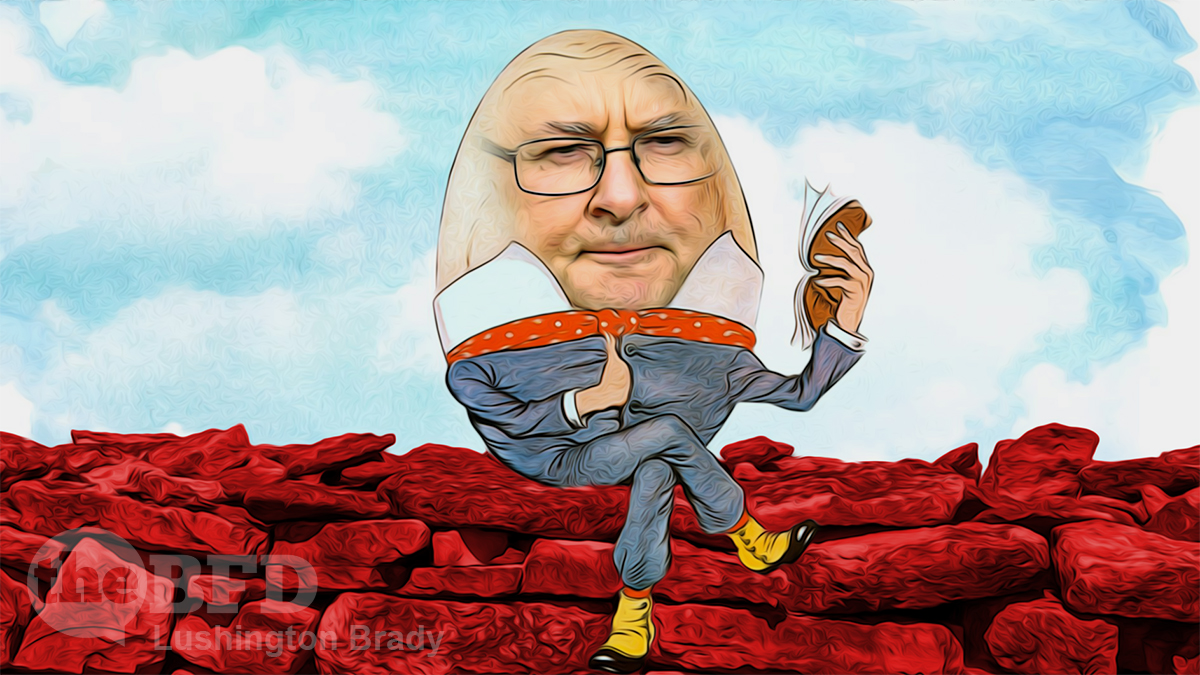Opinion
One of the most interesting outcomes from this weekend’s by-election in Victoria is just how each side is spinning it. The left-wing ABC is talking gloom for Labor, while the right-wing Australian is moping over the Liberals’ fortunes. So, what actually happened?
As expected, Labor held on to the seat, which nobody seriously doubted. The issue was how big the swing against them would be. It’s here that neither side are particularly happy. It wasn’t quite the heavy swing against Labor that the Liberals would have hoped, but it was enough (especially given the unique circumstances) that Anthony Albanese should be very worried indeed.
While the electoral map might not have changed, the vote in the outer suburban, coastal electorate offers insights into how the next federal election might play out.
First off: the result. The Labor candidate won, with an expected 4% swing. Not quite the 5% expected, but still an ominous toll for the government.
It has to be borne in mind just how unique this by-election was. Firstly, it was in Victoria, Australia’s wokest state. The average swing against a Labor government in a Victorian by-election is just 0.7%. Nationwide, in by-elections brought on by the death of the sitting member (as in Dunkley), the average swing is just 2.6%. Taken together, those numbers show that the Albanese government indeed got a whack in the goolies on Saturday.
More importantly, a nationwide swing of that magnitude would throw a raft of ALP seats into marginal territory, if not a loss.
Dunkley has also shown that Peter Dutton is not the bogey-man for voters that Labor has hoped. When Labor won Aston from the Liberals in a by-election early in the Albanese government’s term, Labor strategists crowed that it was proof Dutton was electoral poison.
Peter Dutton was on the ropes and unelectable to Victorians. Albanese, the still new and popular prime minister, had an air of invincibility.
Both men ended the year in opposing manners. Dutton had slayed Albanese’s Voice and his first-term government was suddenly looking shaky.
That Dutton campaigned in Dunkley during the by-election, even if not on polling day, suggests the Coalition doesn’t view him as persona non grata in the southern state.
Here’s where the ABC really starts spinning.
Albanese and Labor were emphatic winners of the 2022 election. But their hold on majority government is wafer thin.
ABC Australia
So, which is it: “emphatic” or “wafer thin”? If you guessed the latter, you’re right. As I wrote some time ago, Labor’s so-called “red wall” is a precarious perch. Pull a few marginal blocks out of the electoral Jenga tower, and down it all comes.
What’s especially interesting is that Dunkley is the sort of two-party contest we haven’t seen in a while. On the left, the Greens went backwards, while neither One Nation nor United Australia ran. The Teals have run out of rich, inner-suburban seats to plunder from the Doctor’s Wives set. So, Peter Dutton’s strategy of forgetting those formerly blue-ribbon Liberal seats and targeting the “forgotten people” of the suburbs, while a hard task, is showing dividends.
Dunkley only re-enforces a trend apparent in the polls for some time.
Not only is Labor’s position not consolidating, it is at best treading water.
Which is not an enviable position for a Prime Minister who’s already blown most of his political capital.
The reality of Saturday night is that Dutton was sent a clear message that he and his frontbench have a hell of a lot more work to do to convince Australians that the Coalition should be considered as an alternative government.
The time is rapidly approaching for Dutton to start making some very hard-nose decisions.
The Australian
Like this?
Peter Dutton will announce the Coalition’s signature energy policy before the May federal budget, including a plan identifying potential sites for small modular nuclear reactors as future net-zero power sources […]
The Australian understands that the Opposition Leader will unveil plans for a nuclear-powered future as the first instalment of a pre-budget economic reform program ahead of the next election. The energy policy announcement will identify potential locations for small modular nuclear reactors and detail plans for safety standards, regulation and waste disposal.
The Australian
If nothing else, this will draw a clear line of difference between two major parties often derided as “Laborals”. It’ll also wedge the left for whom anti-nuclear is an even more touchy article of faith than climate change. But, with a majority of Australians, including a substantial majority of young voters, now backing nuclear, it’s a likely winner for the Coalition.

